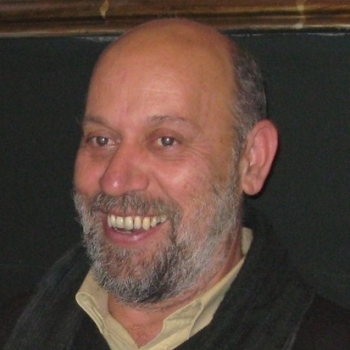SYMPOSIUMS
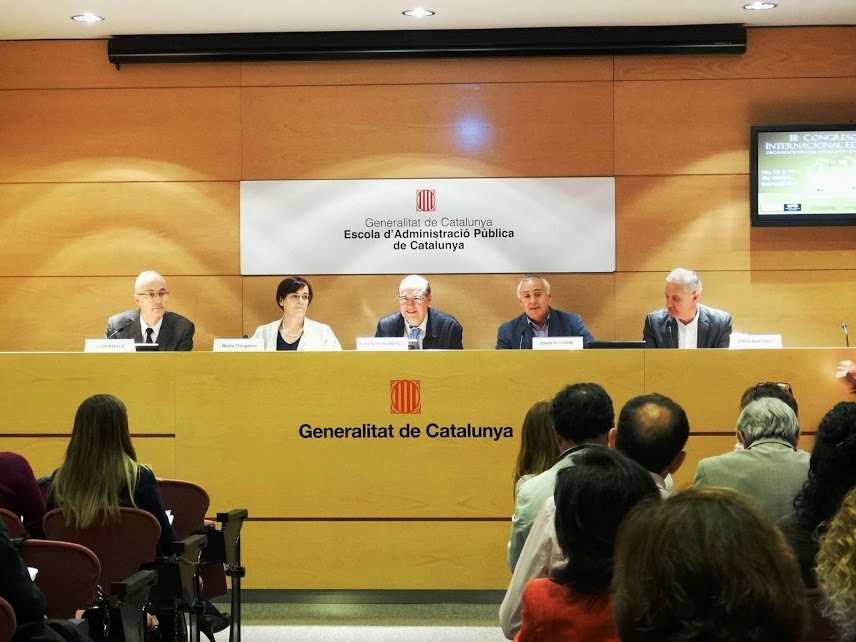
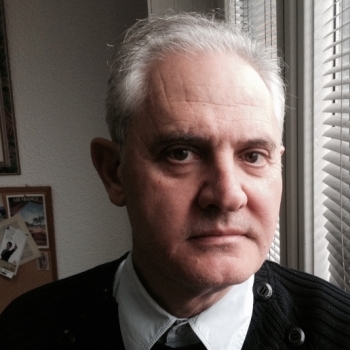
This symposium reflects on how the expansion of Big Data and the subsequent impulse that brings to the artificial intelligence and to the known as machine learning (automatic learning systems), affect and are introduced into the daily life of people and organizations. Specifically, a reference is made to the changes taking place in various areas of application, such as the field of: health, leisure, organizational and even the training and learning.
The rapid growth and efficiency that demonstrate these applications, technology driven, substantially change all aspects that are introduced. They operate in groundbreaking innovation logic, which involves a radical transformation of environments and behaviours. Consequently, it is needed an in-depth reflection in order to make society aware of how we should introduce them and "manage" them in our lives and environments.

Among the types of learning that are beyond the traditional training model, emerges a product that is able to produce learning in the workplace and in the personal space: it is called MOOC. This symposium is going to show various public and private organizations that have elected MOOCs, and we will be able to discuss their pros and cons.
The aim of this presentation is to provide reflection elements and experiences related to the scenery change that the development of the information society, and especially the information technology and communications, it is leading on the way that people and organizations are learning. It is about a change that, because of its size, potential and implications, some sources have considered it as a paradigm shift taking into account that it alters basic assumptions on which training of people within organizations it is built.
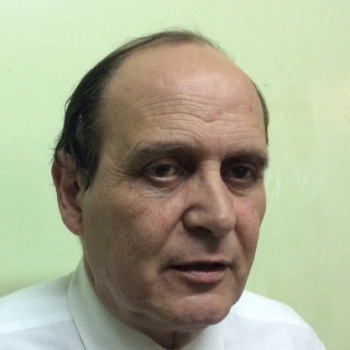
This symposium seeks to represent how it is addressed, from different angles, the production and the knowledge management in an institution that has significant scalar numbers, both in terms of students as in terms of collaborators, in general, and teachers, in particular. These perspectives from which we transfer our experience (theoretical / practical) come from three specific initiatives that Duoc UC, Chilean Institution of Higher Professional and Technical Education (ESTP), it is implementing. Firstly, from the work developed by the Observatory Duoc UC, which we understand as a permanent and updated platform that integrates partly scattered information; it is presented qualitative analysis and opinions; there are generated spaces for professional expression and supplies information regularly to users in the field in which these ones are oriented towards.
Secondly, as we understand that knowledge and performance are closely related, it has been set a model for knowledge management in the field of academic innovation as a process of learning and knowledge generation that seeks to promote organizational development. Finally, along the same lines, from what we call "Projects Duoc" we incorporate the concept of open innovation, which promotes and facilitates it as a tool in order to generate institutional development value.
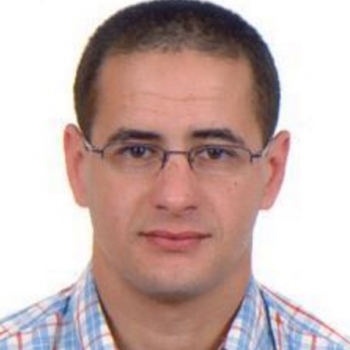
In this work, a compilation of different studies, interventions and socioeducational research has been carried on, which are focused on vulnerable contexts, situated in South Europe, with the purpose of sharing knowledge after its reading.
It is mentioned the current situation of labour market in leisure time sector, especially in training, qualification and tasks of workers in this sector. Besides, some interventions that are aforesaid -which are about a specific population, in the verge of social exclusion or poverty- are focused on giving coverage to basic needs urgently, developing social intervention projects. Also, unaccompanied minors, as another specific group with certain characteristics, ask for special socioeducational interventions which are implemented and are referred.
Other social situations, as migratory flux, entail the need to intervene with migrant population and organization of their temporal stay centres, where services and basic social provisions are concede to this group. Regardless population type, sometimes and because of different training and educational needs, people and community interact to create different kinds of learning in order to achieve various goals, objectives or learning results. Thus, it was also investigated some ONG, ONL and first level associations, which work in this informal intentional learnings, whose recipient are one part of the population, included the above-mentioned one.
These interventions and research studies comprise several topics, groups and contexts, but, in one way or another, are perceived and generate shared learning where non-formal and informal education is present directly or indirectly in the development of the process.
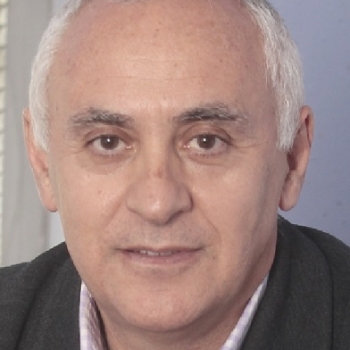
Communities of Practice (CoP) promotion and development it is a reality in most professional spaces. Gradually, it is settled the idea that professionals are the true connoisseurs of the reality at the workplace and they own the key for many of the possible improvements. This recognition, which values workers and their knowledge as a basis of innovation, can be productive for people and organizations if it is transform into effective systems of collaborative work and into improvements of systems and its results.
The present contribution focuses on the assessment of the CoP, and it can be considered debtor of the collective work (Gairín, 2015) which summarizes the most significant results of the project "Creation and knowledge management in ‘online’ communities 'online' of professional / CGC -COP" practice (EDU2010-18506)". Based on carried out analyzes, the project goes in depth into searching assessment indicators while providing guidance for its implementation.
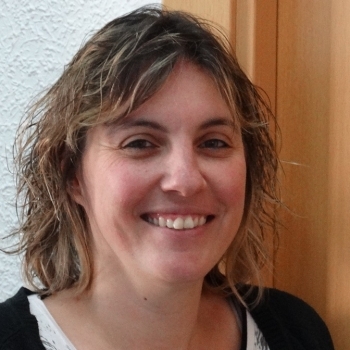
This symposium draws from the premise that for the first time in history, people are able to self-administrate lifelong learning and professional updating without the need of a training department or guardianship of a human resources department.
This is already the case, and many organizations (especially companies) give this type of training to the employee self-responsibility. It is also proven the idea that knowledge is produced in contexts where peer interaction is encouraged, sharing experiences and data, enabling people to generate new ideas from the different opinions of team /group.
This symposium makes a reflection on how today many organizations have situated learning experiences. To do so, we start from the analysis of five experiences that will serve to show the new channels, scenarios, instruments, actors and dynamics to carry out situated learning.
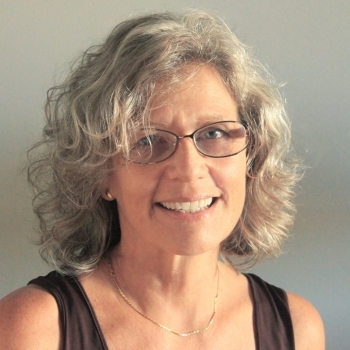
This work includes five case studies that address topics related to collective learning processes, contextualized in specific educational scenarios and analyzed from a management perspective. Accordingly, among the cases presented we find institutions of various socio-economic contexts; public and private sectors; and urban and rural areas. Each research highlights the importance of the analysis set of relevant phenomena such as those related to educational leadership, collaborative work, image, identity and institutional climate. They all address key issues that affect educational processes, although not all tend to be evidenced in a same way. This is because - among other reasons - different levels of visibility acquired in organizational dynamics.
Perhaps, the most important of these contributions is that they allow to check that the methodological map proposed is able to be applied in any context, with the request of a couple of basic tools for its implementation: leadership to organize the process of improvement and collective conviction to pass through changes that strengthen the professional dimension of the educational role.
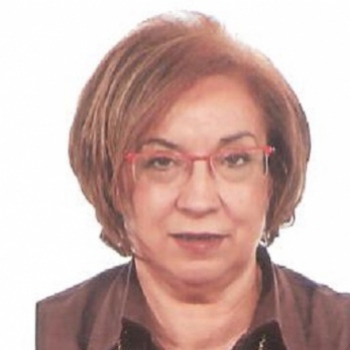
Experiential learning acquired by teachers during the practicum is appropriate for their training and their professional skills development, in informal and formal learning and in implementing the contents acquired in various subjects of their degree in a real context. This training can be obtained through two approaches: experiential learning and shared practice.
On this basis, this symposium presents, firstly, an experiential record in order to know the self-perception of learning acquired by students in Early Childhood Education at the University of León. Secondly, this symposium presents perceptions of the agents involved in the development of practicum at a master level (students, academic tutor and the centre), considering in analyzing key elements to produce knowledge and learning, such as the role of the counselor, participation in the activity, elements of the environment and the school culture.
Also, different strategies are presented to encourage collaboration between universities and schools in order to strengthen a transversal skills development in the future education professionals.
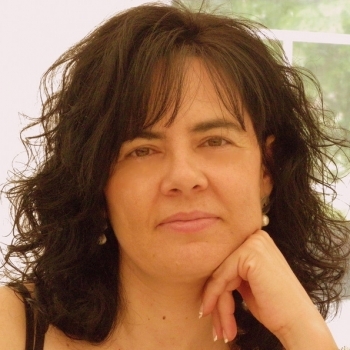
We are in the knowledge society, which is also plural, global, digital and hyper textual. The emergence of the Internet and the digital world has generated a radical change in the way we access and transmit knowledge. Learning is no longer an internal and individual activity to become a collective and networking activity, as indicated by the collectivism theory.
Education in the twenty-first century must move forward and break the frameworks of the last century, where teachers were the centre and students a passive element, while interactions were controlled and incorporated fragmented curricular knowledge and, generally, little encouraging to generate real learning. Therefore, it is necessary to focus on shift of paradigm in education. This symposium presents various proposals under the frame of the model called Flipped Classroom. This strategy provides more opportunities for students to engage in critical and independent thinking, so they are able to build their own learning by interacting in a collaboratively way. Moreover, it also allows teachers more flexibility in order to offer in their classes learning opportunities based on problem-solving activities, focusing on feedback and guidance to students.
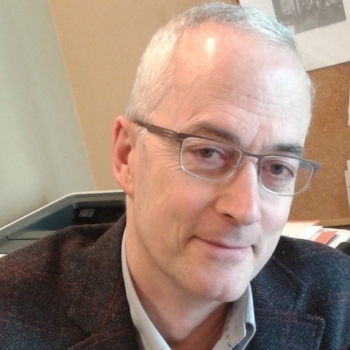
This symposium presents experiences of the public domain and, inside this, from the perspective of Universities, Training schools in Public Administration and Local Government, and also, in the private sector, specifying the situation of the management knowledge in the medical field. The expression that gives title to this symposium ("New learning strategies") it reflects partly the idea, since it is not all about new strategies, but also, strategies that already existed which have now visibility and space in order to grow within the organization.
Organizations are learning strategies that go beyond the traditional training model; understanding this as a model that has as a main exponent what identifies planned training: course, workshop, etc. with learning objectives, specific content, learning activities and an assessment carried out at a determined moment and in a physical or virtual space. We must understand, therefore, that is a dimension which, according to the speaker and the context in which it takes place, takes the name of informal learning, learning at the workplace, collaborative learning, knowledge management or other expressions.
The training of Spanish administration public employees, although it has been systematized in the last 20 years, it has attempted to address the staff learning needs as well as the essential processes of change and modernization of the these institutions.
It is this context we observe that initiatives have emerged; some are more institutional and other as a result of the innovative attitude of some public employees, based on another conception of training and learning.
It has also led to changes in the departments responsible for providing this service; more concerned now in giving concrete and rapid response to the needs expressed by focusing the attention on the student and creating organizational collaborative spaces where learning is generated and increases the critical knowledge of the institution.
Experiences compiled in this symposium are a representative sample of the initiatives described, in such a way that also complies with all levels of administration (central, regional and local). There are many more, obviously, but the experiences selected attempt to shed light on those based on social learning and collaborative work.
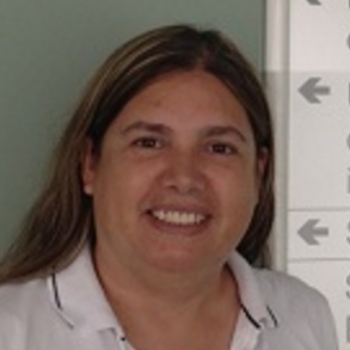
In this symposium we present how from the implementation of the so-called “Methodology APRA”, various institutions at different educational levels achieved to create new learning formats from detecting their needs, planning activities and implementing interventions that allowed these institutions to change the educational reality of its dependencies.
Although the methodology proposal was originally aimed at identifying vulnerable groups at the university, it was adopted as a measure of curriculum development of the Learning Management Master Degree which is taught at the University Veracruzana. This fact led to those who were enrolled in the Master's Degree repeated the model as a good practice, and thus, succeed in recognizing the needs that were presented in primary schools. This situation allowed having two studies focused on different levels and themes, but at the same time both have been developed from the “APRA methodology” and they have contributed to the development of an intervention project to promote the values of school coexistence.


